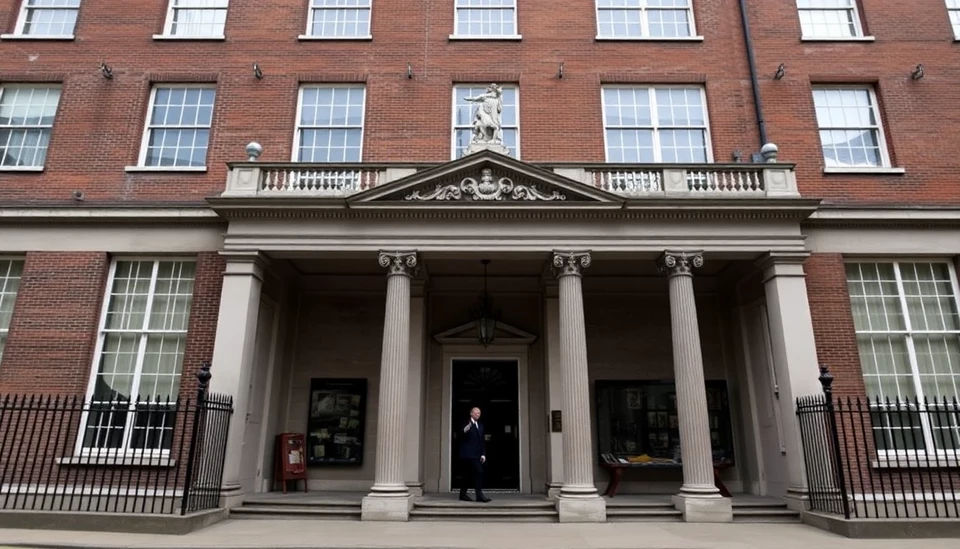
In a significant move aimed at reforming the financial regulatory landscape, the UK Chancellor is poised to implement measures that will tighten control over watchdogs while simultaneously reducing bureaucratic hurdles for businesses. This initiative comes in the wake of ongoing debates around regulatory efficiency and the need for a more responsive financial oversight structure.
The Chancellor's new agenda will focus on enhancing the authority of key regulatory bodies such as the Financial Conduct Authority (FCA) and the Prudential Regulation Authority (PRA). By increasing oversight mechanisms, the government aims to ensure that these organizations can more effectively supervise the financial sector, adapting to the fast-paced nature of the market.
This proposed overhaul is expected to encourage a more proactive approach to regulation, enabling watchdogs to identify and mitigate risks before they escalate into larger issues. The Chancellor believes that empowering these regulators will not only safeguard consumer interests but also enhance the integrity of the UK’s financial markets.
In tandem with strengthening regulations, the Chancellor is advocating for a reduction in red tape, particularly for small and medium-sized enterprises (SMEs). The aim is to create a more conducive environment for business growth by minimizing unnecessary bureaucratic obstacles. This could involve streamlining compliance processes and simplifying reporting requirements, which have often been cited as burdensome by business leaders.
The Chancellor’s announcements are part of a wider strategy to foster economic resilience and adaptability amid challenging market conditions. As the financial landscape evolves, the government recognizes the necessity for regulators to balance vigilance with the flexibility needed to support innovation and growth in the business sector.
This latest proposal has garnered mixed reactions from various stakeholders. Some industry experts commend the idea as a progressive step toward a more agile regulatory framework, while others express concerns about potential overreach and the importance of maintaining robust safeguards for consumers.
In the coming days, detailed plans will be rolled out, and consultations with industry leaders and regulatory bodies will begin. The government is keen to ensure that input from various sectors is considered, aiming for a balanced approach that serves both regulatory objectives and the needs of businesses.
The Chancellor's commitment to reforming the regulatory landscape is seen as crucial in sustaining the UK’s position as a global financial hub while addressing the complexities arising from modern financial instruments and practices.
As this conversation unfolds, many will be watching closely to see how these changes are executed and their potential impact on the UK economy's resilience and regulatory landscape moving forward.
#UKChancellor #RegulatoryReform #FinancialWatchdogs #EconomicStrategy #BusinessGrowth #Compliance #FinancialRegulation #SMEs #BureaucracyReduction
Author: John Harris
